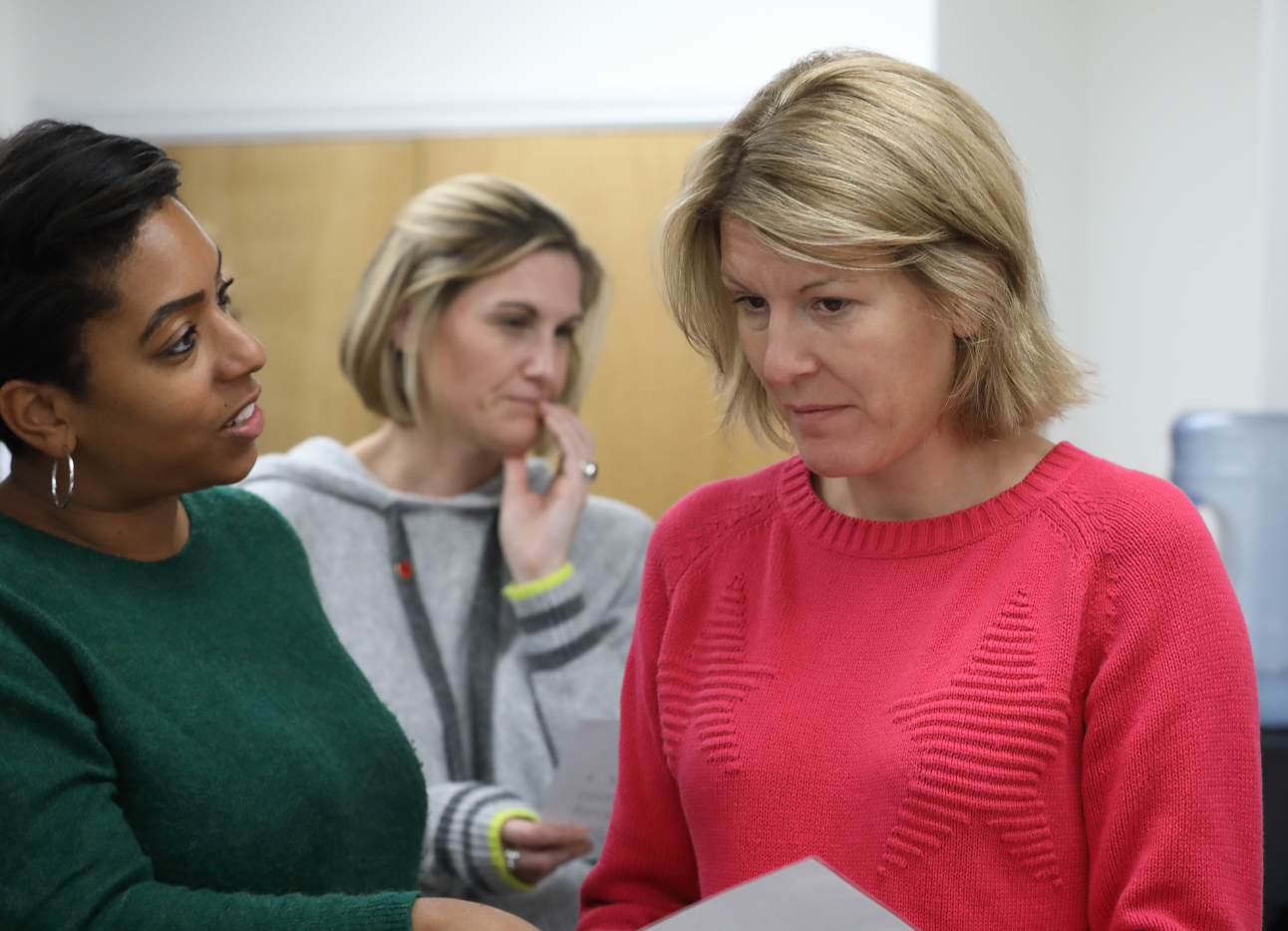
Call for national perpetrator strategy
Domestic abuse perpetrator intervention, Drive (a partnership between SafeLives, Respect and Social Finance) and over 70 signatories call on the Government to invest in a perpetrator strategy, as new research shows the potential of perpetrator programmes to cut violent crime and keep victims and families safe.
Suzanne Jacob OBE, Chief Executive of SafeLives, said:
Suzanne Jacob OBE, Chief Executive of SafeLivesWe’re delighted to join the Drive Partnership and over 70 other signatories in calling on the Government to invest in a fully funded strategy to challenge perpetrators of domestic abuse.
There is only ever one person responsible for domestic abuse: the perpetrator. And yet, only a tiny percentage – less than 1% receive any intervention to change or challenge their behaviour.
It’s time we shift the narrative. Rather than asking why the victim doesn’t leave – leaving behind friends, family, work, possessions – let’s ask perpetrators to change their behaviour. Only by tackling the root cause of domestic abuse will we end it for good.
The findings of the Drive pilot, released today, show that perpetrator interventions do work, but the vast majority of areas do not have access to them. It’s time to ensure that every perpetrator is faced with a robust response. Without it, we will just keep dealing with the aftermath of domestic abuse – and never the cause.
You may also be interested


Specialist: Engaging with those who harm

